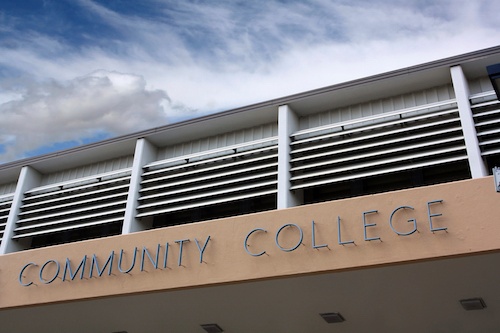If you’re a current high school student, then you’re caught in a big transition between the old SAT and the new SAT. You may have thought you were all set with a high SAT score, but now you’re wondering, “Should I take the new SAT?”
Not to worry, help is here! You can easily resolve this concern by asking yourself two key questions. First, find out whether your colleges require the new SAT. If they don’t, feel free to scroll down to the next important question: is your score on the old SAT really high enough to achieve your goals?
Read on to consider one or both of these questions, and determine once and for all whether or not you need to take the redesigned SAT.
























